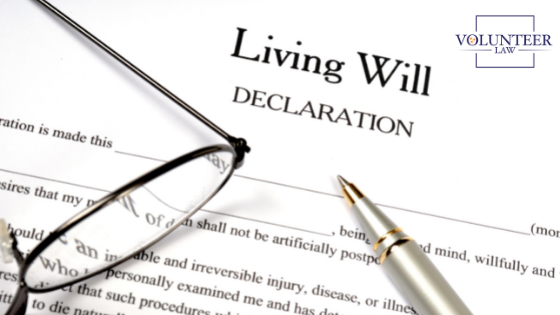Solid, effective estate planning is one of the most important things you can accomplish when it comes to taking care of your loved ones. It’s an area of your life where you can’t afford to make errors, but the process can often seem so complicated that mistakes are bound to happen. If you’re in the process of setting up a {legacy plan} of your own, check out this list of common trust and will mistakes—and how you can avoid them!
Mistake #1: Not following through.
Great estate planning is anything but set-it-and-forget-it. Implement and then regularly update the plan. You should leave the estate planner’s office with a checklist of actions you need to take. (Then, follow the checklist!) Update and revise as needed. Like all plans, an estate plan isn’t fixed and unchangeable. It’s a continuing project that needs to be revised and fine-tuned over time. Plan on seeing your estate attorney at least every couple of years.
Mistake #2: Keeping your trust and will a secret.
BMO Wealth Management’s Estate Planning for Complex Family Dynamics report included a survey which found the following:
-
40% of parents never discussed their estate intentions with their children;
-
Only 28% of adults said they knew details of their parents’ estate plans;
-
40% of those whose parents passed away believed their parents’ estate plans were unfair; and
-
25% of married adults said only their spouses know the locations of their estate planning documents.
Inform and prepare your heirs. Make them aware of the general value of your estate as well as assets and liabilities, and a general outline of the plan. Communicate your intentions and wishes for handling the wealth—and if they aren’t adequately financially literate, there are actions you can take to help them gain financial experience and acumen (or alternatively, put the wealth in trusts so others can make the big decisions). When heirs aren’t prepared, wealth often disappears. It can be wasted through poor spending decisions, bad investments, neglect and fraud. Your heirs need to know how to manage and spend the wealth before receiving it.

Mistake #3: Not funding a living trust.
Trusts are set up to avoid probate and ensure assets are managed in cases of disability. But for those goals to be met, assets must be transferred to the trust. The deeds to the family home and other real estate must be put in the trust’s name. Automobiles must be registered with the trust as the owner. The same holds true for financial accounts and other assets. If those steps aren’t taken, the trust is empty; it owns no assets. All the assets are subject to probate.

Mistake #4: Not updating the plan, including powers of attorney.
Every estate plan should include powers of attorney. You need at least two, one for financial matters and one for medical care (often called an advance medical directive). You’re more likely to become disabled and need these documents before you need a trust and will as well as the rest of your estate plan. Unfortunately, many people don’t have either of these documents and others haven’t kept them up to date or given the details much thought. Be sure you have these documents and that they have been reviewed recently.
You should be in touch with your estate planner any time there’s a major life change in your family. This could include a birth, death, divorce, or marriage. Factors like changes in your net worth, the composition of your estate, job status and residence should also trigger a review of your plan. Of course, a change in your goals or in the law also means a meeting with your estate planner is in order. Are you looking to set up your estate plan in the Knoxville area? Volunteer Law Firm has the up-to-date knowledge and solid experience necessary to assist you in creating a trust and will you can feel good about. We take care of you—so you can take care of the ones you love! Contact us today via our website or learn more about the services we provide.

